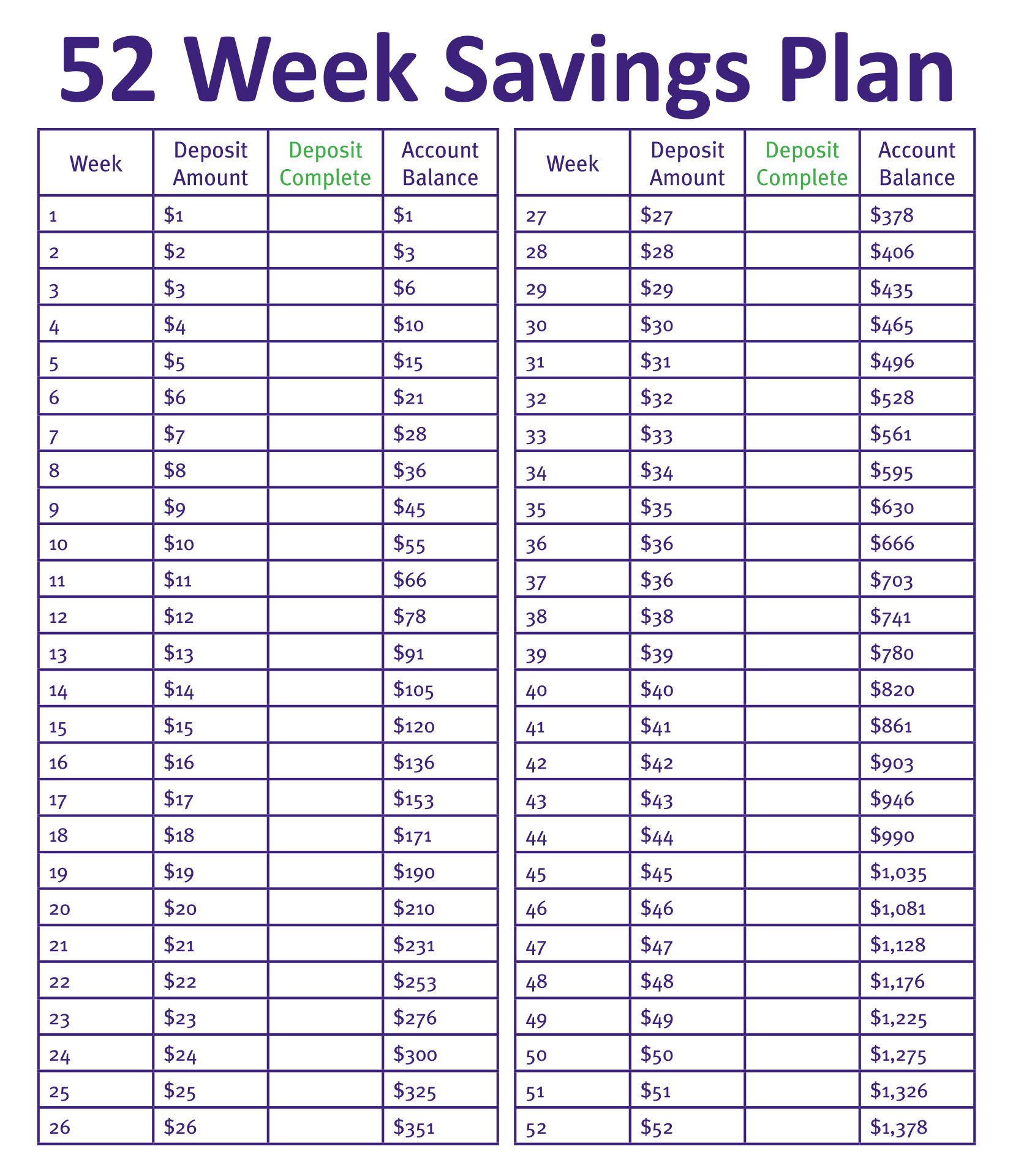

This could be good for students, schools, and parent-school relations-and this kind of mix-and-match dynamic might even encourage parents to be more aware of cost and quality. ESAs can potentially remedy that by allowing those families to swap out a school’s math class or speech therapy for an online option or other alternative. The result is that school choice primarily serves those families who view their schools as unsafe, academically inept, or fundamentally misdirected-it doesn’t do much to help make an OK (or good) education better. Telling those families, “You can change schools,” isn’t all that helpful, especially if it means arranging transport to a less convenient school, away from the student’s friends. After all, parents can like their school and still want better speech therapy, math instruction, behavioral coaching, tutoring, or whatnot. And given that the lion’s share of parents say they like their kid’s school, this means that school choice isn’t much help for many students or families. School choice isn’t really a good solution for parents who like their schools but have more specific concerns. I mean, what’s remarkable is that the proponents of socialized medicine have offered a more robust vision of publicly funded choice than have school choice advocates!ĮSAs are, in large part, a response to the limits of school choice. The weird thing is that the cutting edge in education has been a fight about whether it’s OK for families to leave school A for school B. While many patients defer to their doctors, there are all sorts of reasons for wanting the right to mix-and-match. If you like your pediatrician but need a specialist, your doctor will provide a recommendation, but you can choose to go elsewhere. The promise of publicly provided health care is not just that you can choose whether to use hospital A or hospital B it’s that you can choose individual practitioners. There’s just no debate about whether we should seek to give families more agency when it comes to such high-stakes decisions in health care or housing.Īnd there’s more. And even the most ardent champions of public housing want families to have more freedom to choose where they live. In a field like health care, even passionate advocates of universal, publicly funded coverage ( like Bernie Sanders ) still think people should get to choose their own doctor.
#Savings planner how to#
In other words, there’s nothing remarkable about families making publicly subsidized decisions about how to raise their kids. And all of them have big implications for a child’s health, well-being, and upbringing.

Many of these choices involve parents making decisions that are subsidized or covered by public funds. Heck, we take for granted that families will choose child-care providers, pediatricians, dentists, babysitters, and summer programs. While some regard this kind of shift as disconcerting, the truth is that parents routinely make complicated decisions on behalf of their kids. Of course, how the laws get written, how these programs will actually work, and whether families will want to take advantage of this flexibility are open questions.

ESAs seek to shift us from a system of “ school” choice to one of “ educational” choice, opening the door to a less school-centric system of education and blurring the lines between traditional schooling, home schooling, and online learning. This works the same way as health savings accounts, with which many readers may be familiar. Families are then able to use those dollars to mix-and-match education goods and services from schools and other providers. ESAs, on the other hand, entail states depositing a student’s education funds into a dedicated account.

In theory, ESAs are very different from more familiar forms of school choice like school vouchers or charter schooling, which give parents a mechanism to move their child from one school to another. Then, I’ll talk more fully about why ESAs could be really significant and close by acknowledging that their practical significance is very much up in the air. I’ll offer a short, practical answer first. Heck, there are Republican lawmakers who support them yet aren’t real clear on the difference between an ESA and a voucher. I’ve encountered savvy reporters who aren’t quite clear on what education savings accounts (ESAs) are.


 0 kommentar(er)
0 kommentar(er)
